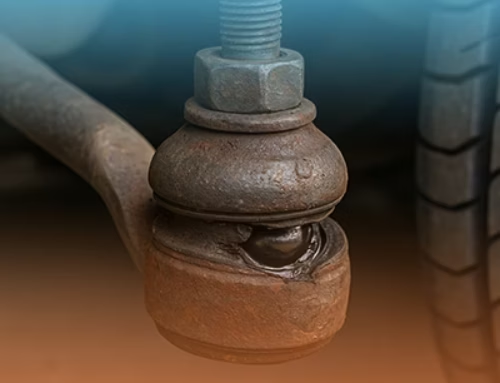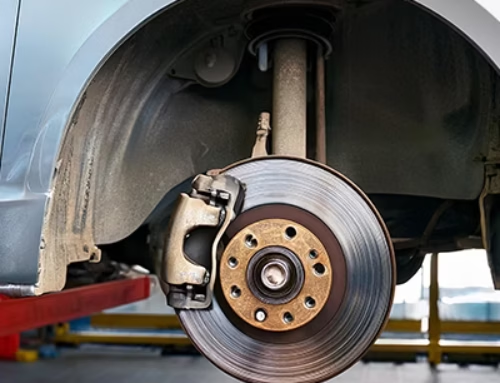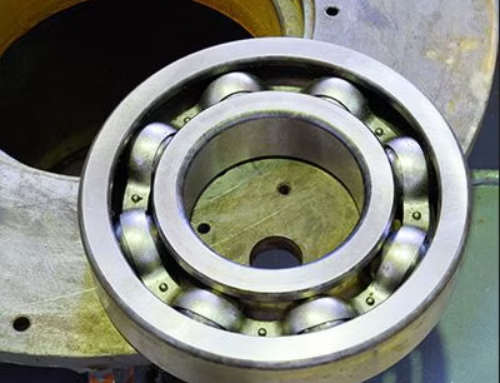Does Insurance Cover Damaged Rims?
When it comes to maintaining a vehicle, one common question among car owners is, “Does insurance cover damaged rims?” Understanding the specifics of your auto insurance policy is crucial in determining whether rim damage is covered and under what circumstances. This article will provide a comprehensive guide to help clarify this topic, ensuring you have all the information needed to make informed decisions about your vehicle’s maintenance and insurance coverage.
Understanding Rim Damage and Its Causes
Rim damage can occur for various reasons, and identifying the cause is essential for determining insurance coverage.
Common causes of rim damage include:
- Potholes: Hitting a pothole can cause significant damage to your rims, resulting in bends, cracks, or other deformations.
- Curbs: Accidental contact with curbs while parking or driving can scratch, scuff, or bend your rims.
- Road Debris: Debris such as rocks, metal, or other objects on the road can strike your rims, causing damage.
- Accidents: Collisions with other vehicles or obstacles can severely damage your rims.
Types of Auto Insurance Coverage
To understand whether your damaged rims are covered, it’s essential to know the types of auto insurance coverage available and what each covers:
Collision Coverage
Collision coverage is designed to cover damages resulting from a collision with another vehicle or object. If your rims are damaged due to an accident or hitting a pothole, collision coverage typically pays for the repairs or replacement, minus your deductible. This coverage is optional and usually recommended for those who want comprehensive protection for their vehicle.
Comprehensive Coverage
Comprehensive coverage covers damages not caused by a collision, such as theft, vandalism, natural disasters, and road debris. If your rims are damaged by a fallen tree, vandalism, or any other non-collision event, comprehensive coverage can help pay for the repairs. Like collision coverage, comprehensive coverage is also optional but highly beneficial for broader protection.
Liability Coverage
Liability coverage is required by law in most states and covers damages you cause to other people and their property. However, it does not cover damages to your vehicle, including your rims. If you only have liability coverage, you will need to pay out-of-pocket for any repairs to your damaged rims.
Coverage for Custom Rims
If you have custom or aftermarket rims, the standard collision or comprehensive coverage may not fully cover their value. Custom parts and equipment coverage, often an add-on to your existing policy, is necessary to ensure these specialized components are protected. Notify your insurance company about any custom rims when purchasing or updating your policy to ensure they are adequately covered.
Filing a Claim for Damaged Rims
When filing a claim for damaged rims, follow these steps to ensure a smooth process:
- Document the Damage: Take clear photos of the damaged rims and any related damage to your vehicle.
- Contact Your Insurance Company: Report the damage to your insurer as soon as possible. Provide them with all necessary information and documentation.
- Get an Estimate: Obtain a repair estimate from a reputable repair shop. Your insurance company may require this for processing your claim.
- Review Your Policy: Check your insurance policy to understand your coverage limits and deductible.
- Submit the Claim: Provide all required documentation and information to your insurance company to process the claim.
So, does insurance cover damaged rims? The answer depends on the type of coverage you have. Collision and comprehensive coverage can protect against rim damage, while liability coverage does not. For custom rims, additional coverage may be necessary to ensure full protection. Understanding your policy details and working closely with your insurance provider can help you make the best decisions for your vehicle’s maintenance and protection.
When in doubt, review your policy documents or consult with your insurance agent to clarify your coverage and ensure your rims are adequately protected. By being proactive and informed, you can better navigate the complexities of auto insurance and keep your vehicle in top condition.
When in doubt, review your policy documents or consult with your insurance agent to clarify your coverage and ensure your rims are adequately protected. Learn more about car insurance






